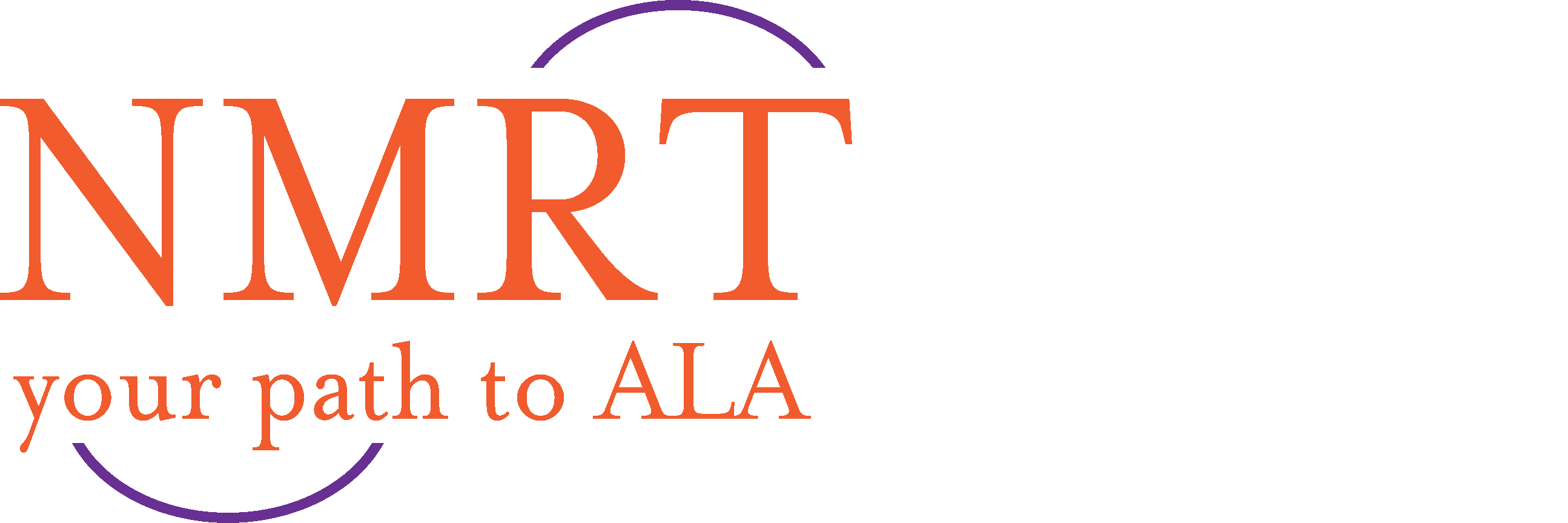By Linda Shippert
This year, I had the pleasure of taking part in the American Library Association’s Emerging Leaders program. I was additionally honored to be sponsored by the New Members Round Table (NMRT), which provided a $500 stipend for both conferences held in 2008. The Emerging Leaders program primarily comprises two all-day workshops with facilitators Maureen Sullivan and Connie Paul, and a group project that is completed between the Midwinter and Annual Conferences.
The first session for 2008 Emerging Leaders was held at the Midwinter Conference in Philadelphia on January 11, 2008. ALA leaders, including Past-President Leslie Burger, President Loriene Roy, and ALA Vice President/President Elect Jim Rettig, made remarks. They encouraged Emerging Leader participants to make ALA what we want it to be. We were told that if there’s something we need that we’re not getting from ALA, we should just make it happen. In other words, we should create our own opportunities. As Jim Rettig said about ALA involvement, “Say yes, and ask questions later.”
The second and final session of the 2008 Emerging Leaders program was held on June 27, 2008 at the Annual Conference in Anaheim. We discussed leadership principles and practice, including collaboration, managing conflict, and ethics. On dealing with conflict, Maureen Sullivan said, “Be a solution seeker, not a problem finder.” We had a visit again from Past-President Leslie Burger, and we discussed ways in which ALA might change. It was clear from the questions posed that many librarians are concerned about the high price of conference attendance. As such, starting in 2010, both Annual and Midwinter will finish a day earlier. The intent is to reduce costs for those staying for the entire conference.
For me, the most rewarding part of the Emerging Leaders program was working with my project team. We ended up being a small group of three members. We were given the task of creating an ILL staffing survey for the Reference User Services Association (RUSA). As we started to brainstorm ideas for the survey, I quickly realized what a rich topic that interlibrary loans and staffing are. Eventually, we had to re-focus ourselves from the metaphysics of interlibrary loan back to the specific deliverables of the project. I was very inspired by the excitement, creativity, and optimism of my group. Working with them was like getting permission to feel hopeful about the future of librarianship instead of hiding behind my Gen-X cynicism.
Our ILL staffing survey project was very successful. Over the course of one month, we received 1,033 responses from Interlibrary Loan workers in 695 institutions in seven countries. Most gratifying of all, we received several emails from librarians outside the United States requesting our results. We definitely learned from our survey that interlibrary loan workers have a lot to say, and there is definitely more research that needs to be done in this area. Our poster, preliminary report, survey instrument, and all of our planning information is available on the Emerging Leaders Wiki. Although our stint in the Emerging Leaders program is over, my group plans to perform further analysis of the data that we gathered and to prepare an article for publication.
The Emerging Leaders program at Annual wrapped up with a poster session in which each group shared its project. It was fascinating to learn about the other projects, and the session was one of the best opportunities to network with other Emerging Leaders. Although not well-attended, there were still some ALA luminaries present, and we received positive reception to our poster and project. Hopefully, the poster session will be better advertised next year and there will be higher attendance.
Overall, I found the Emerging Leaders program to be an energizing and inspiring experience. It led me to think of ALA involvement as integral to my career rather than just a stepping stone to tenure. I discovered that being a good leader also means being a good follower. My involvement in Emerging Leaders also taught me that optimism about the future of librarianship is not a bad thing. I feel fortunate for having had the opportunity to participate, and grateful to NMRT for sponsoring my attendance. I made great connections and found new ideas to ponder. I feel ready to take on the problems of ALA, librarianship, and the world! There’s a lot to be done…so let’s do it!
Linda Shippert is the Heath Sciences, Science and Maps Librarian at Washington State University.
Note: One complaint regarding the Emerging Leaders program is that it only reaches the kinds of leaders who are likely to put themselves forward for such things. The program also needs to reach the potential leaders who are not assertive about getting involved. If you are not the type to put yourself forward, please apply next year. If you qualify but do not think you’re the “right kind” of librarian for the program, please apply next year. The Emerging Leaders program needs you!
The 2009 Emerging Leaders Application Process has closed. Stay tuned for announcement of the 2010 program on the Emerging Leaders Wiki.
Recommended Reading:
Kelley, Robert. The Power of Followership: How to Create Leaders People Want to Follow, and Followers Who Lead Themselves. New York: Doubleday, 1992.
Loehr, Jim and Tony Schwartz. The Power of Full Engagement: Managing Energy, Not Time, Is The Key to Performance and Personal Renewal. New York: Free Press, 2004.
Patterson, Kerry et al. Crucial conversations: Tools for Talking When Stakes Are High. New York: McGraw Hill Professional, 2002.
Patterson, Kerry et al. Crucial confrontations: Tools for Resolving Broken Promises, Violated Expectations, and Bad Behavior. New York: McGraw Hill Professional, 2004.
